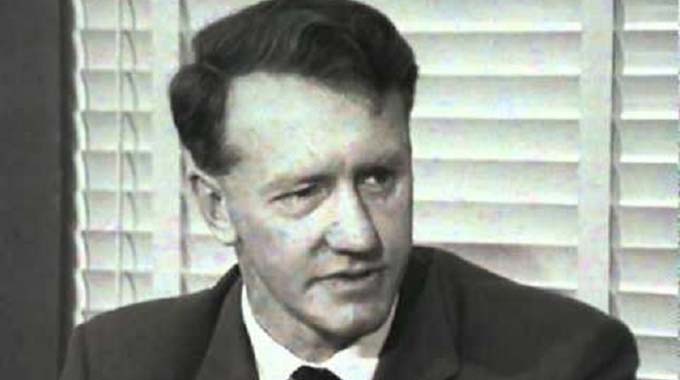Smith sticks to his guns over ‘points of difference’

The Rhodesia Herald,
4 June 1969
THE Rhodesian Prime Minister, Ian Smith, stuck to his guns last night in the argument over when the British government erected the nine points of difference between the two sides, a subject on which Smith has spoken at length during his referendum campaign speeches.
Asked at the end of a referendum meeting in Banket last night to comment on the British white paper’s version of the “point of difference” situation, Smith said he conceded that there were “initial” points of difference arising out of the Fearless talks.
“When we left Fearless there were three basic non-negotiable points of difference. We met the British government on two of them and therefore there was only one outstanding,” Smith said.
“This was the actual position and I am satisfied that this was confirmed by the British when Thomson arrived here. But after Thomson returned from a trip around Africa during our independence celebrations, he then produced these nine non-negotiable basic points of difference”.
Smith said the significant difference was that Wilson had made it clear that if the Rhodesians could satisfy the British government on the three basic points, he was confident that all the other “smaller” points would fall into place.
“So in other words,” Smith added, “these smaller points he believed could be settled suddenly grew into major non-negotiable basic points”.
“These had dramatically changed into major points of difference and showed that the British were going in the opposite direction from trying to cooperate with us.”
LESSONS FOR TODAY
When Smith declared the Unilateral Declaration of Independence, his regime was not just rejected by the British government, but by the United Nations. This led to imposition of economic sanctions. Only apartheid South Africa did business with the Smith regime.
The British government tried hard to return Rhodesia to “legality”, and this they did with the Commonwealth of nations, which they controlled. There was no external interference in the Rhodesian issue, because Smith had vowed that “not in a thousand years” would black people govern Zimbabwe. But, it was just the dream of a man who thought that his race was more superior than the African race.
In October 1968, British Prime Minister Harold Wilson held a meeting with Smith, aboard a British warship HMS Fearless to discuss the Rhodesian crisis. One historian says, “despite hopes and fears surrounding the Wilson-Smith meeting, the Fearless talks, left the situation virtually unchanged”. This was despite international expectation.
As a result of his major disagreement with the British government, the Smith regime in 1969 held a referendum whose objectives were to set up a republic, and vote for a new Constitution. We have highlighted in the past that Smith was following former British colonies like the United States of America, Australia, Canada and New Zealand. These same countries continue to gang up against independent Zimbabwe, pushing for illegal regime change, as they believe that they have a sense of entitlement.









Comments